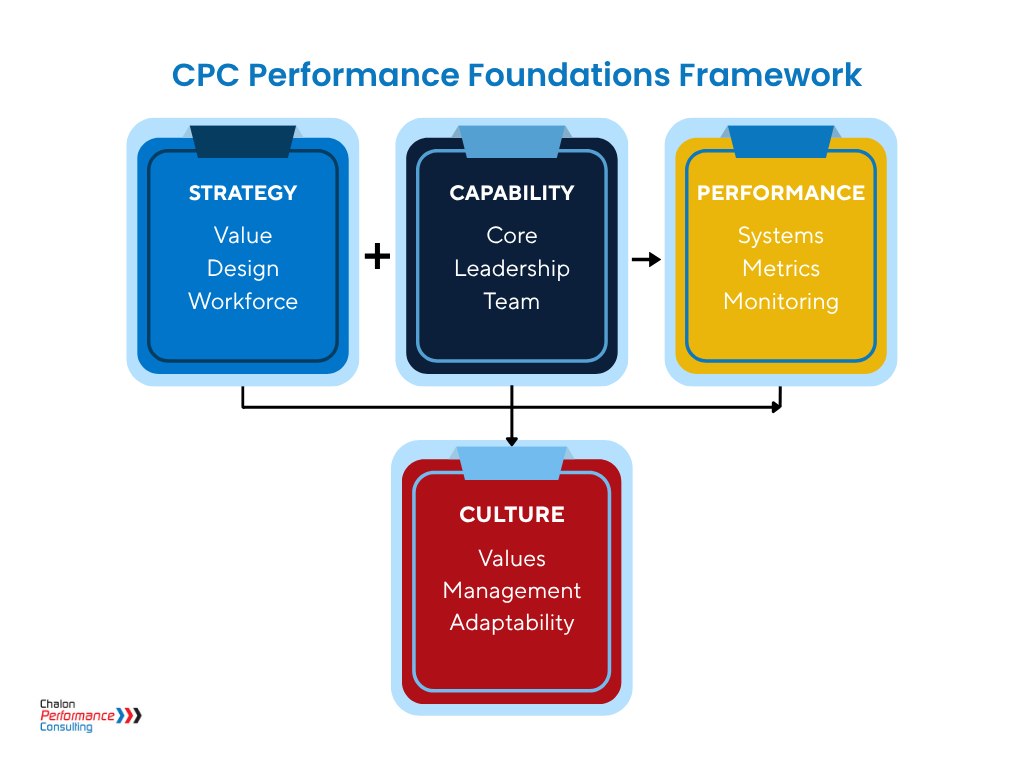The concept of work-life balance often feels like a distant dream. The constant pressure to be available 24/7 can take a toll on employees’ mental and physical health, leading to decreased productivity and job satisfaction. However, research consistently shows that employees who enjoy a healthy work-life balance are happier, more engaged, and ultimately, more productive.
The Benefits of Work-Life Balance
A strong work-life balance is not just a perk; it’s a necessity for both employees and organisations. Let’s delve into the key benefits:
- Increased Employee Happiness and Well-being: When employees feel like they have control over their time and can prioritise personal life, they experience reduced stress, improved mental health, and greater overall life satisfaction.
- Enhanced Productivity: Counterintuitive as it may seem, taking breaks and prioritising personal time can actually boost productivity. Studies have shown that employees with a good work-life balance are more focused, creative, and efficient during work hours.
- Improved Job Satisfaction and Loyalty: Employees who feel valued and supported by their employer are more likely to be satisfied with their jobs and committed to the organisation. Work-life balance is a crucial factor in fostering loyalty and reducing turnover.
- Stronger Company Culture: A culture that prioritises work-life balance attracts and retains top talent. It also creates a positive and supportive work environment where employees feel empowered to bring their best selves to work.
The Impact of Poor Work-Life Balance
The consequences of neglecting work-life balance are far-reaching. A study by the World Health Organisation found that burnout is a global epidemic, affecting millions of workers worldwide. Additionally, research from the Harvard Business Review indicates that poor work-life balance can lead to a 23% decline in employee productivity.
- Burnout: Chronic stress and overwork can lead to burnout, characterised by exhaustion, cynicism, and decreased performance.
- Health Problems: Poor work-life balance is linked to various health issues, including heart disease, obesity, and mental health disorders.
- Decreased Productivity: Ironically, trying to achieve more by working longer hours often leads to decreased productivity due to fatigue, lack of focus, and errors.
- High Turnover: Employees who feel undervalued and overworked are more likely to seek opportunities elsewhere.
Strategies for Achieving Work-Life Balance
Achieving work-life balance is a journey, not a destination. Here are some practical tips for individuals and organisations:
- Set Boundaries: Establish clear boundaries between work and personal time. This might involve setting specific work hours, avoiding work-related activities during personal time, and creating a dedicated workspace at home.
- Prioritise Tasks: Learn to prioritise tasks and delegate when possible. Focus on high-impact activities and avoid multitasking.
- Time Management Techniques: Explore time management techniques like the Pomodoro Technique or time blocking to optimise productivity and create balance.
- Self-Care: Make self-care a priority. Engage in activities that relax and recharge you, such as exercise, meditation, or hobbies.
- Support from Employers: Organisations play a crucial role in fostering work-life balance. Offering flexible work arrangements, feedback systems and supportive leadership can make a significant difference.
Work-life balance is no longer a luxury; it’s a necessity for a thriving workforce. By prioritising employee well-being and creating a supportive work environment, organisations can reap the benefits of increased productivity, job satisfaction, and employee loyalty. Remember, investing in work-life balance is an investment in the long-term success of your business.
Cultivate a company culture that prioritises employee well-being and boosts productivity. Learn how our approach, powered by the Denison Organizational Survey, drives impactful change.














